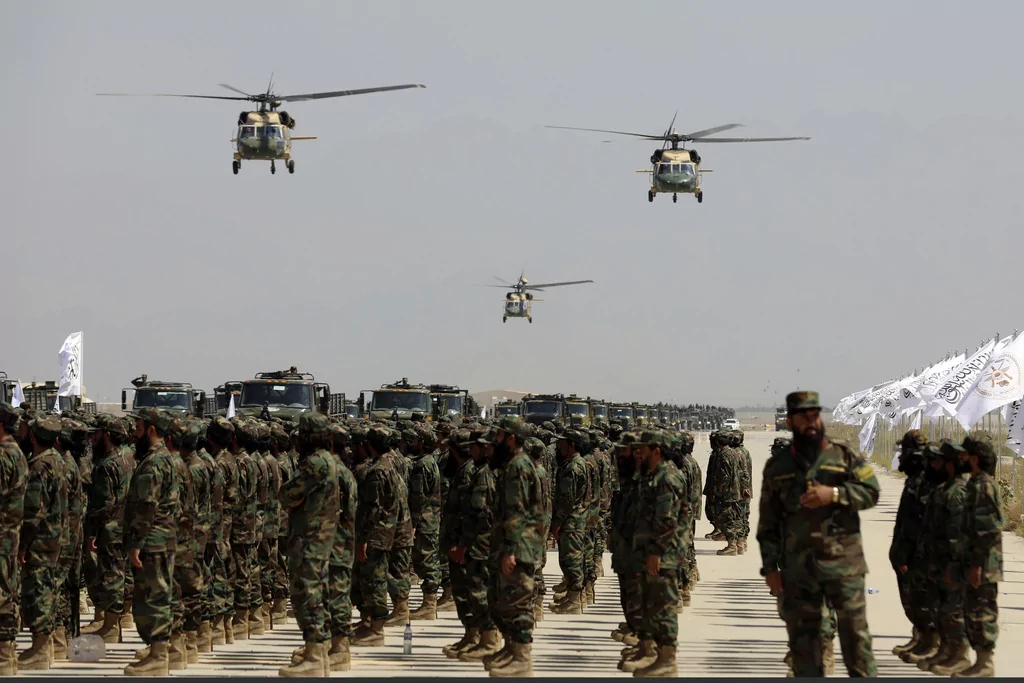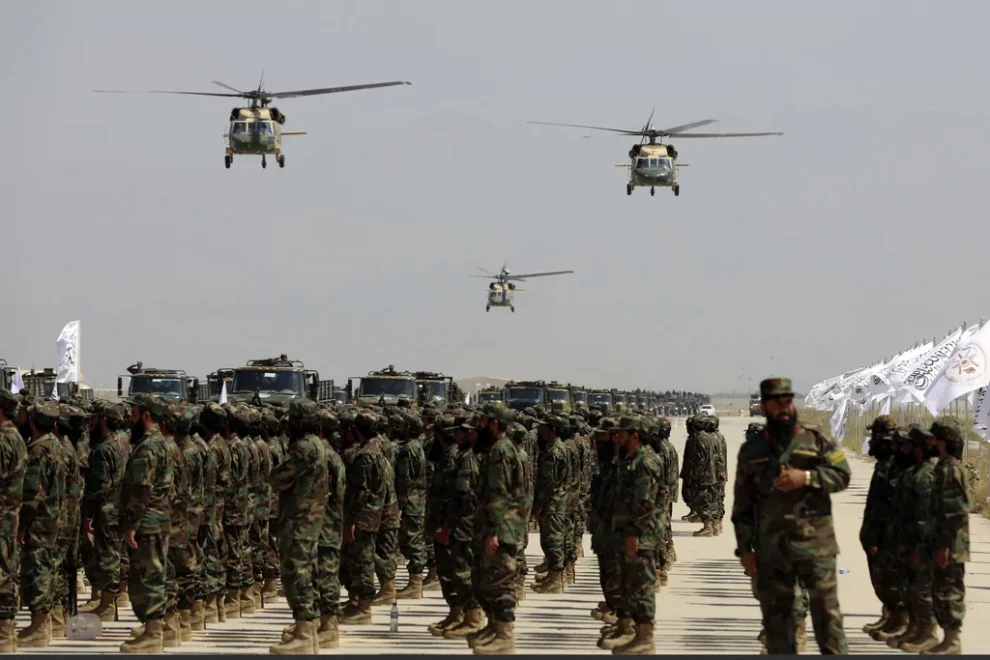Three years after seizing power, the Taliban is cracking down on women’s rights.
After the Taliban took control of Afghanistan in August 2021, some hoped that its new rule would be much less extreme than the first time around, especially in regard to women’s rights. Those hopes are receding, however, as the group has begun to further backtrack rights for women.

“The entire country has turned into a graveyard for women’s dreams,” a 48-year-old woman told the Washington Post, adding that signs of moderation have vanished.
The Taliban promised moderation after retaking Kabul three years ago, and restrictions were noticeably lax in the capital. This has begun to change in recent months, however, as the white-robed morality police have been given increasing leeway. According to some, the female morality police are more aggressive than the men.
Laws banning women from being educated are increasingly enforced. Women aren’t allowed to publicly laugh or raise their voices, and the morality police seek out dress code violations.
Some Afghans identified two different cliques within the Taliban government: moderates and conservatives. The latter appears to have won out.
“There are two groups within the Taliban,” said Sajia, a 24-year-old female and former university student. “One group seemed to be moderate and eager to bend the rules. But now, with the restrictions approved as law, it seems that they have failed and there is no hope left.”
In a video statement to the Taliban-run broadcaster RTA, Justice Ministry spokesman Barakatullah Rasouli claimed that women’s lives had improved under the new government, and the new regulations emphasized “respect for human dignity of individuals.”
Some women speculate that the backtrack in women’s rights is intended as a bargaining chip for international negotiations. The Taliban’s lack of international recognition and frozen aid has impoverished the country and led to a risk of famine.
Many analysts hoped that the cosmopolitanism of Kabul and the need to govern would moderate the Taliban, which hadn’t seen peace since the Soviet invasion in 1979. Indeed, the onset of peace drastically changed the lifestyles of Taliban fighters.
In February 2023, Taliban bureaucrats lamented their new positions in the government in a series of exclusive interviews with the Afghanistan Analysts Network. They complained about the switch to an 8-hour work day, traffic, and internet addiction. Their confusing new lives after the war led all of the interviewees to lament how much they missed the “days of the jihad.”
“Another thing I don’t like, not only about Kabul but broadly about life after the [war], are the new restrictions. In the group, we had a great degree of freedom about where to go, where to stay, and whether to participate in the war,” a former Taliban commander said. “However, these days, you have to go to the office before 8 AM and stay there till 4 PM. If you don’t go, you’re considered absent, and [the wage for] that day is cut from your salary. We’re now used to that, but it was especially difficult in the first two or three months.”
CLICK HERE TO READ MORE FROM THE WASHINGTON EXAMINER
The commander went so far as to claim that the new struggles in peacetime were more grave to the Taliban than those they encountered during the war, with the “real test” only beginning following their conquest.
“I’m very concerned about our mujaheddin. The real test and challenge was not during the jihad. Rather, it’s now. At that time, it was simple, but now things are much more complicated. We are tested by cars, positions, wealth, and women. Many of our mujaheddin, God forbid, have fallen into these seemingly sweet, but actually bitter traps,” Kamran, another Taliban commander, said.
























